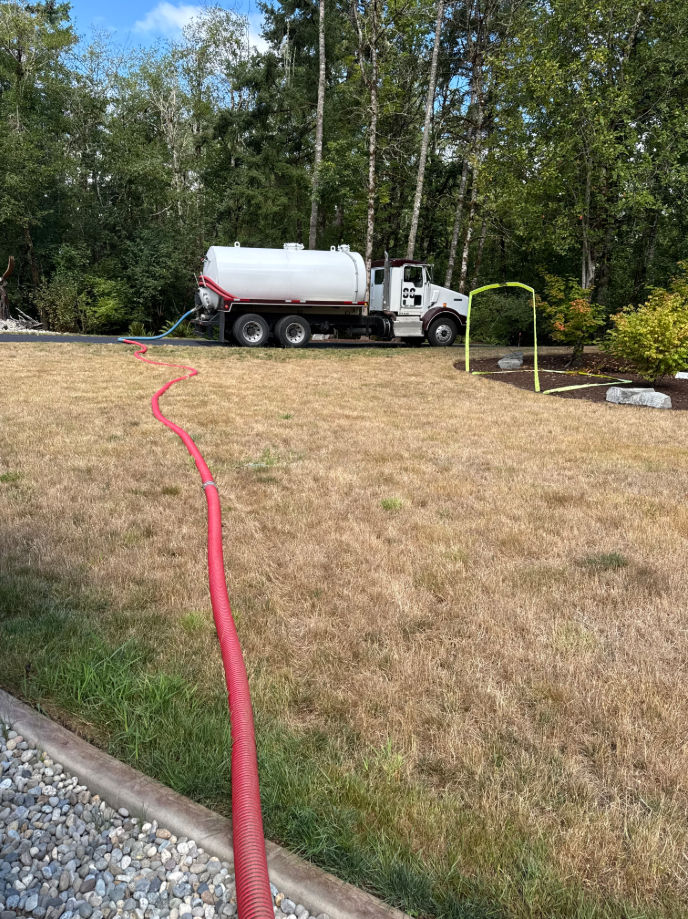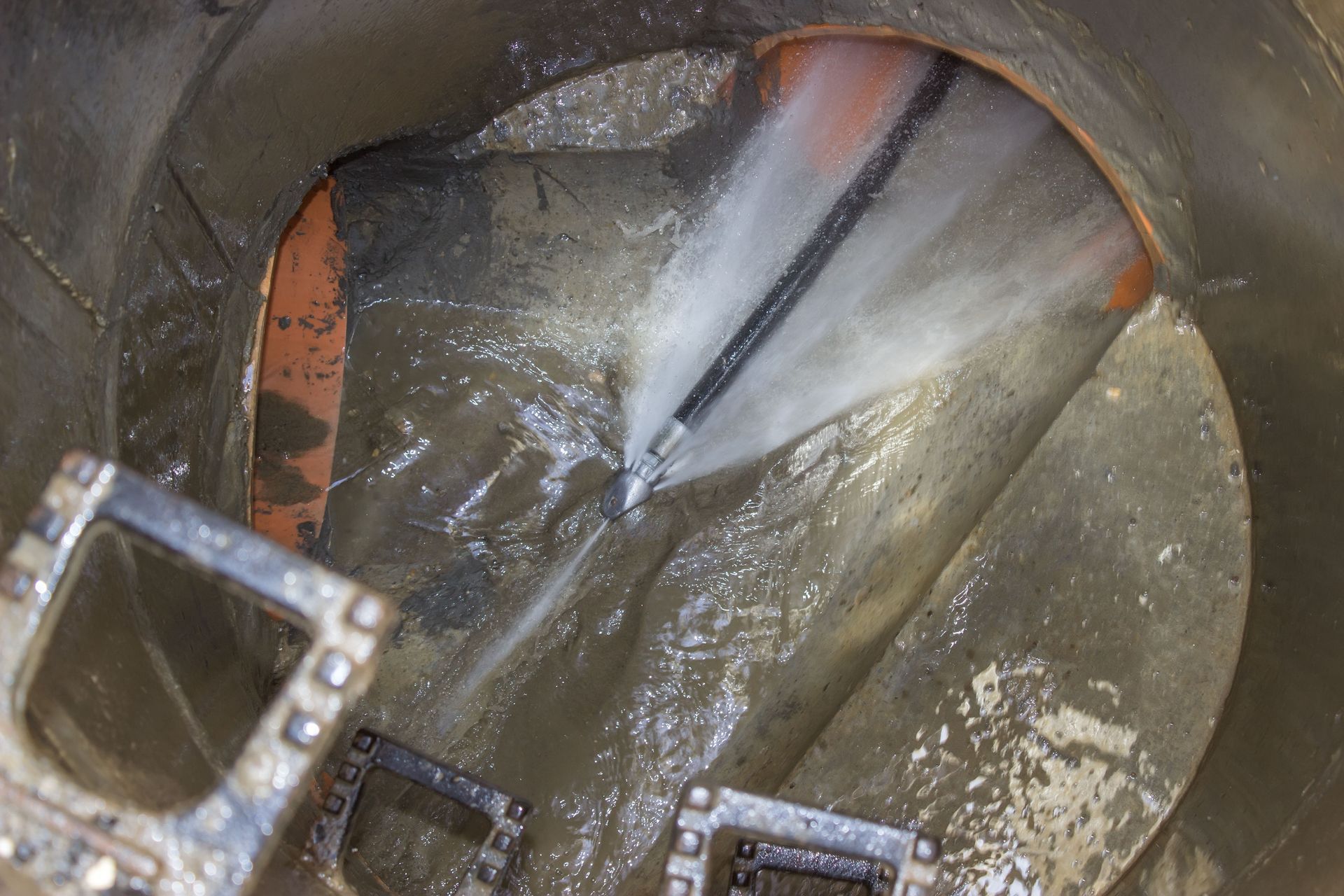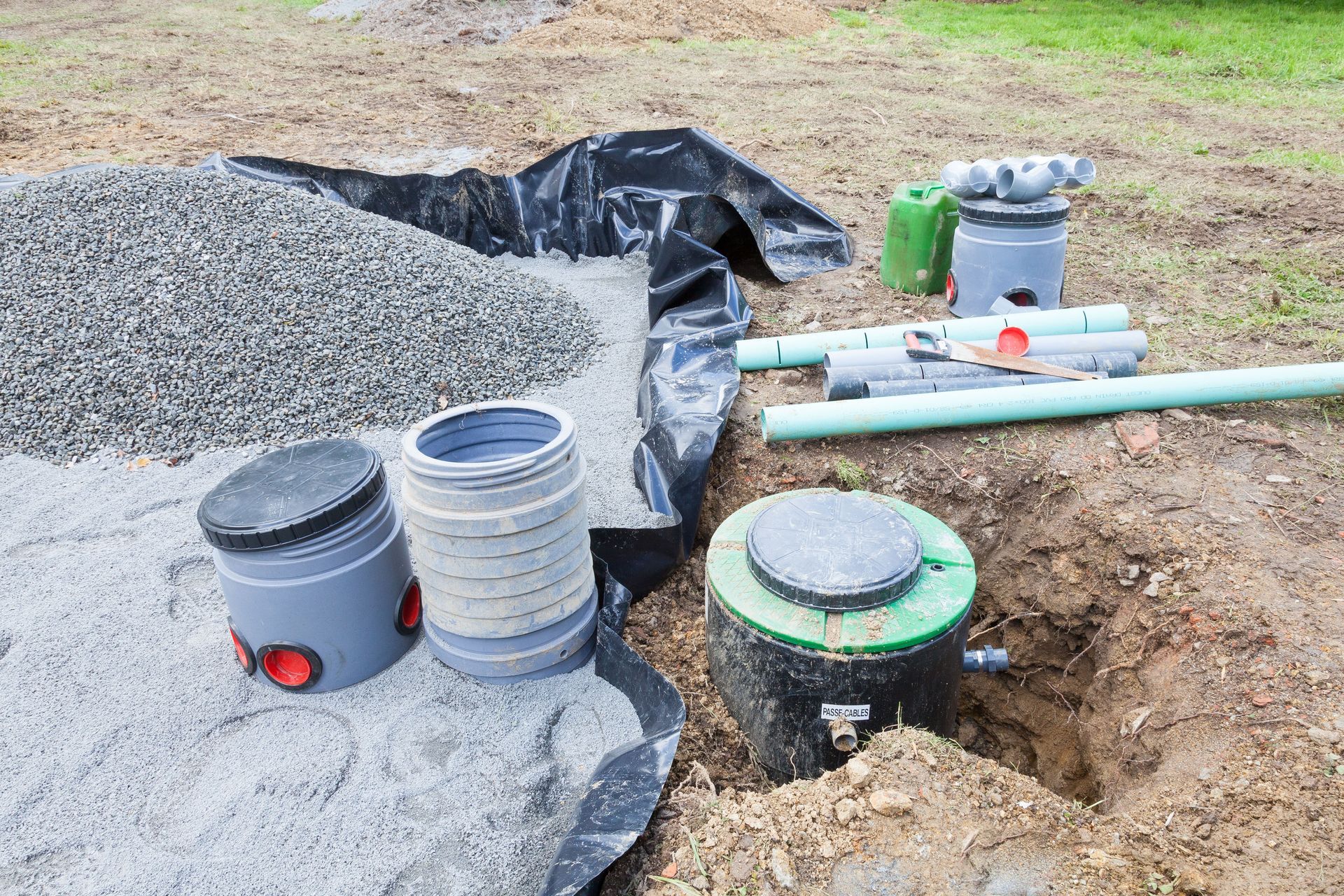August 29, 2025
Choosing the right septic pumping service is crucial for maintaining your septic system's health and avoiding costly repairs. From understanding your system's specific needs to assessing service providers' offerings, navigating this process with the right information can prevent unnecessary pitfalls. This guide will walk you through crucial steps, ensuring you select a service that aligns with both your needs and budget. Let’s explore how you can safeguard your home’s septic infrastructure.
Types of Septic Systems
The first step to choosing the right septic pumping service is understanding the various types of septic systems. Conventional systems typically involve a septic tank and a drain field, while alternative systems might include aerobic treatment units or mound systems. These systems have distinct maintenance requirements, schedules, and potential issues to anticipate. By understanding the specific type of system you have, you can better communicate your needs to a service provider. Furthermore, being informed about your system can help you explain symptoms or issues that may arise during its lifespan.
It’s important to note that each septic system has its own pros and cons. For example, aerobic treatment units are more sophisticated than conventional systems, providing a higher level of treatment. However, they often require more frequent maintenance and professional oversight. On the other hand, mound systems are used in areas with high water tables, which demand precise installation by experts due to their unique design. Being aware of these differences is key to advocating for the right level of care for your septic setup.
Why does understanding your septic system matter when choosing a service provider? It ensures that the professionals you hire have experience with your type of system. This knowledge can prevent costly repairs due to misdiagnosis or improper handling. Additionally, it allows you to question potential service providers effectively, ensuring they possess the necessary qualifications. Informed homeowners are better positioned to receive personalized, effective service.
Pumping Frequency
Determining the frequency of septic tank pumping is essential for preventing overflows or damage. Typically, the size of the household and the capacity of the tank are primary determinants. For instance, in our experience, a family of four with a 1,000-gallon tank may require pumping every three to five years. However, households with higher water usage or larger guest turnover might need more frequent service. Recognizing these factors allows homeowners to avoid emergency situations.
Regular pumping ensures the proper functioning of your system and extends its lifespan. Overfilling a tank can lead to backups, potential damage to the leach field, and costly repairs. Homeowners should closely monitor their water usage patterns and changes in household size. Tools like septic tank alarms can provide additional assurance by alerting you of high water levels. Scheduling regular inspections can also help identify when pumping is most necessary.
The frequency of service can also be influenced by local climate and soil conditions. Areas with heavy rainfall or dense soil may require more frequent monitoring and pumping. By consulting a reputable septic pumping service, you can ascertain an accurate service schedule tailored to your specific situation. According to Precedence Research, the septic services market in North America is projected to grow significantly through 2034, offering homeowners more options and flexibility for maintenance.
Warning Signs of Septic Issues
Recognizing the signs of a full or failing septic tank can save you from urgent repairs and health hazards. Slow draining sinks and toilets, sewage backups, and unpleasant odors are clear indicators. Beyond these, lush patches of grass over the drain field might suggest a leaking tank. Monitoring these signs is crucial, as it allows for timely intervention before more serious issues develop. Ignoring such symptoms could result in untimely service costs and disruptions.
Another indicator of septic tank issues can be the audible gurgling in your pipes. This could signal air escaping from a clogged system. Prompt attention to these noises often prevents more severe complications. Consultation with a professional service provider can confirm whether these are signs of a necessary pumping or another remedial action. A proactive approach matters, minimizing long-term expenses and maintaining system efficiency.
Septic system alerts and regular professional inspections help catch these issues early. Technological advancements in monitoring systems enhance homeowners’ capabilities to track tank levels and flow rates. These tools offer real-time notifications, adaptable to various types of systems. Engaging with these solutions ensures maintenance is precise and tailored to your specific setup. Maintaining open communication with your service provider further supports preemptive and effective issue resolution.
Local Regulations
Local regulations regarding septic system maintenance are pivotal. Depending on the region, regulations may dictate the frequency of inspections, pumping, and overall safety standards. Compliance with these standards not only ensures legal operation but also promotes environmental stewardship. Additionally, proper adherence helps prevent fines and penalties that can stress financial resources. Rather than risking these setbacks, informed homeowners benefit from understanding local laws.
Laws vary significantly between different areas, reflecting unique environmental needs and community safety concerns. They may require permits for installation, specify approved contractors, or dictate allowable treatment types. Such regulations are crucial in areas with specific ecological concerns or water table challenges. Engaging knowledgeable service professionals ensures compliance, as professionals keep abreast of evolving standards. Regularly reviewing updates from local health departments and government websites is advisable for homeowners.
Septic service providers can act as resources for navigating these regulatory landscapes. Their expertise often includes familiarity with reporting procedures and mandatory documentation. They’re able to assist in adhering to necessary paperwork and inspections. Cooperative engagement with service experts ensures continued compliance with local authority standards. For homeowners, aligning with these regulations is an assurance of safety and system longevity.
Benefits of Regular Maintenance
Consistent septic system maintenance offers numerous advantages. Above all, it prevents significant and costly system failures. By keeping up with routine inspections and pumping, homeowners safeguard their investments and ensure operational efficiency. Regularly serviced septic tanks also contribute to reduced environmental impacts, maintaining cleaner and safer groundwater supplies. Such practices translate into more sustainable living and environmental responsibility.
Many homeowners underestimate the cumulative benefits of regular system checkups. Each maintenance intervention extends the life of the septic system, ensuring it operates seamlessly. Proactively handling potential problems results in reduced emergency service costs and prevents inconvenient disruptions. Regular maintenance allows service providers to identify and address minor issues before they become significant concerns. Homeowners benefit from peace of mind, knowing they are protecting their property effectively.
Furthermore, routine upkeep is a preventative measure that positively impacts community health and property values. Well-maintained septic systems prevent surface contamination and reduce public health risks, serving as a cohesive community effort. For individual properties, a thriving septic system raises market appeal and value. The Precedence Research report highlights the expansion of the North American market for septic services, underscoring an increasing recognition of these benefits among homeowners.
Selecting the right septic pumping service involves understanding your system, scheduling maintenance, assessing service options, and evaluating experience. By doing so, you protect your investment, maintain environmental safety, and ensure long-term functionality. According to Precedence Research, North America’s septic services market is expanding, highlighting the value homeowners place on reliable services. For expert guidance and dependable service, contact Sound Septic, Inc to maintain a healthy septic system with professional care.






